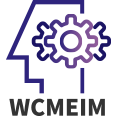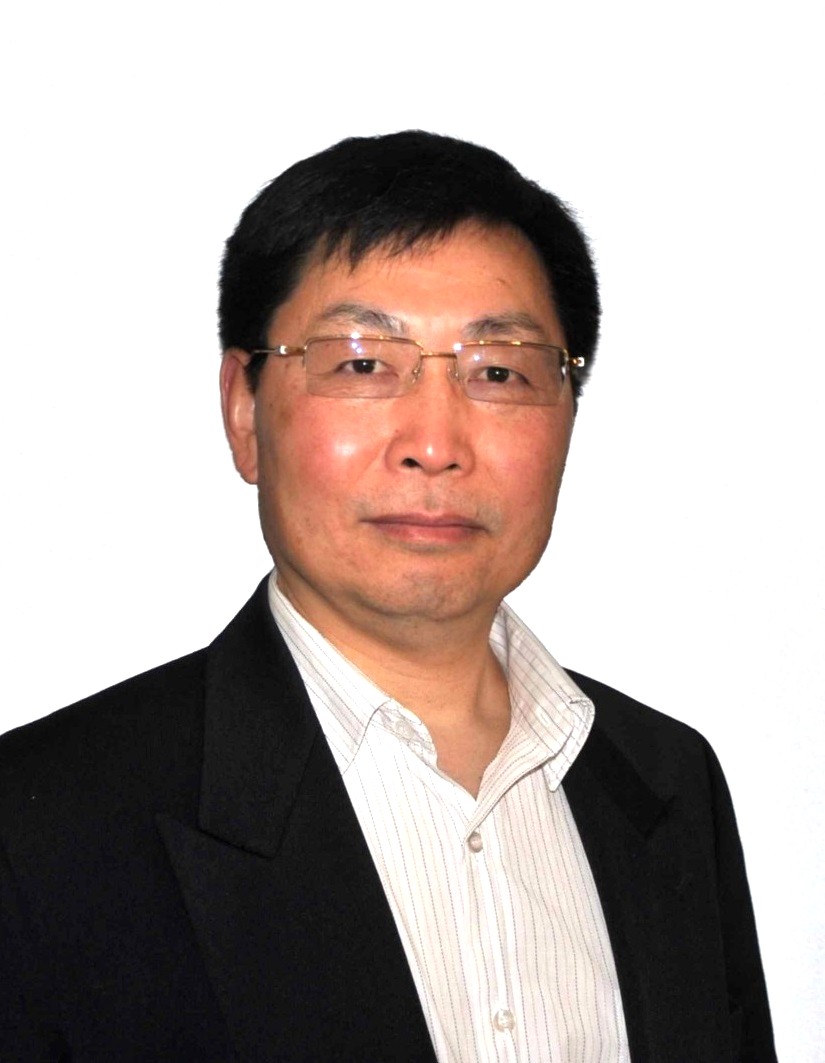
Prof. Zheng Hong (George) Zhu
York University, Canada
Dr. Zheng Hong (George) Zhu is a Professor in the Department of Mechanical Engineering at York University in Canada. He holds the title of founding Co-Director of Centre for Manufacturing Technology Entrepreneurship and the Space Engineering Lab at the same University. He has served as the Director of Space Engineering undergraduate program in the Department of Earth and Space Science and Engineering, Chair of the Department of Mechanical Engineering, and Inaugural Academic Director of Research Commons in the Office of Vice-President Research & Innovation at York University. His research interests include dynamics and control of spacrcraft, space robotics, computational mechanics and control, machine learning, 3D printing in space, and CubeSat technology. He has authored 235 peer-reviewed journal papers and 185 conference articles. Dr. Zhu is the vice-President of International Society of Mechanical System Dynamics and the Honorary Treasurer and Board Member of Canadian Society of Mechanical Engineering. He holds the titles of Academician of International Academy of Astronautics, College Member of the Royal Society of Canada, Fellows of the Canadian Academy of Canada, Engineering Institute of Canada, Canadian Society for Mechanical Engineering, American Society of Mechanical Engineers, Associate Fellow of the American Institute of Aeronautics and Astronautics, and Senior Member of IEEE. He received the 2019 Ontario Professional Engineers Award - Engineering Medal R&D from Professional Engineers Ontario in Canada, the 2024 Solid Mechanical Medal and the 2021 Robert W. Angus Medal from Canadian Society for Mechanical Engineering, and the 2022 President's Research Excellence Award from York University. Currently, he is the Editor-in-Chief of Acta Astronautica – the flagship journal of International Academy of Astronautics.
Speech Title: From Earth to Space: Advancing In-Space Additive Manufacturing through Ground Experiments and Numerical Simulations
Abstract: In-Space Additive Manufacturing (ISAM) represents a transformative technology for future space exploration and infrastructure development by enabling the on-demand fabrication of tools and structures beyond Earth. By fabricating directly in orbit or on planetary surfaces, ISAM overcomes launch vehicle limitations and reduces reliance on costly resupply missions. However, manufacturing in microgravity and vacuum presents major challenges, as material deposition and phase behavior differ significantly from Earth conditions. Among various additive manufacturing technologies, Fused Deposition Modelling (FDM) and Directed Energy Deposition (DED) are the most practical for space use, yet their mechanical performance under space-like environments remains poorly understood. This keynote presents recent advances from the Space Engineering Laboratory at York University, where Earth-based experimental investigations and multi-physics simulations investigate the effects of gravity and vacuum on FDM and DED processes. By emulating space conditions on Earth, this research bridges the knowledge gap between Earth and in-space additive manufacturing to enable autonomous, resilient, and scalable production in space.

Prof. Dongrui Wu, Huazhong University of Science and Technology
Dongrui Wu received a B.E in Automatic Control from the University of Science and Technology of China, Hefei, China, in 2003, an M.Eng in Electrical and Computer Engineering from the National University of Singapore in 2006, and a PhD in Electrical Engineering from the University of Southern California, Los Angeles, CA, in 2009. He is now Professor and Deputy Director of the Key Laboratory of the Ministry of Education for Image Processing and Intelligent Control, School of Artificial Intelligence and Automation, Huazhong University of Science and Technology, Wuhan, China.
Prof. Wu's research interests include affective computing, brain-computer interface, computational intelligence, and machine learning. He has 150 publications (6,400+ Google Scholar citations; h=39), including a book "Perceptual Computing" (Wiley-IEEE Press, 2010), and five US/PCT patents. He received the IEEE International Conference on Fuzzy Systems Best Student Paper Award in 2005, the IEEE Computational Intelligence Society (CIS) Outstanding PhD Dissertation Award in 2012, the IEEE Transactions on Fuzzy Systems Outstanding Paper Award in 2014, the North American Fuzzy Information Processing Society (NAFIPS) Early Career Award in 2014, the IEEE Systems, Man and Cybernetics (SMC) Society Early Career Award in 2017, and the IEEE SMC Society Best Associate Editor Award in 2018. He was a finalist of the IEEE Transactions on Affective Computing Most Influential Paper Award in 2015, the IEEE Brain Initiative Best Paper Award in 2016, the 24th International Conference on Neural Information Processing Best Student Paper Award in 2017, the Hanxiang Early Career Award in 2018, and the USERN Prize in Formal Sciences in 2019. He was a selected participant of the Heidelberg Laureate Forum in 2013, the US National Academies Keck Futures Initiative (NAKFI) in 2015, and the US National Academy of Engineering German-American Frontiers of Engineering (GAFOE) in 2015. His team won the First Prize of the China Brain-Computer Interface Competition in 2019.
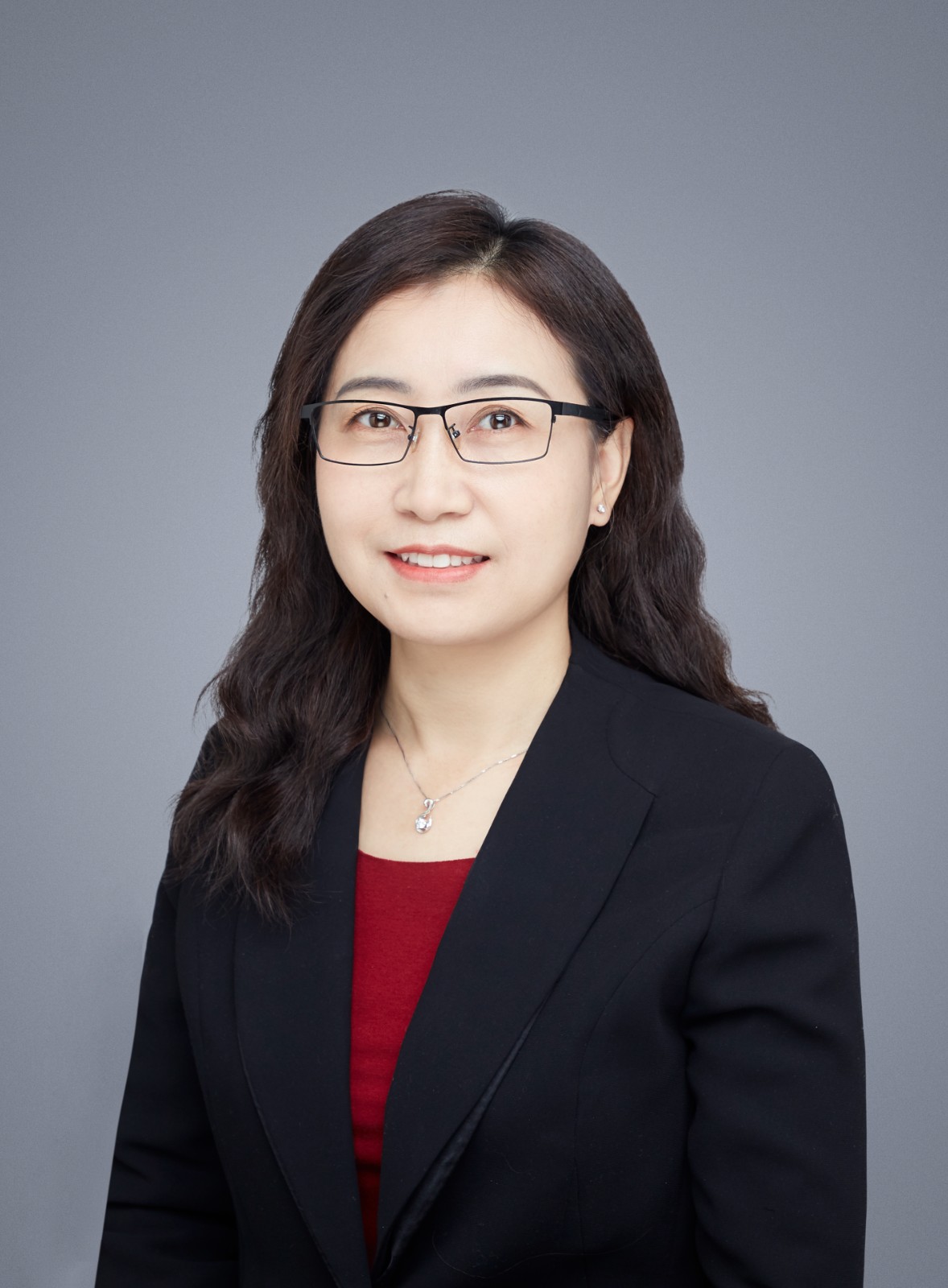
Prof. Fengying Xie, Huazhong University of Science and Technology
Fengying Xie received the Ph.D. degree in pattern recognition and intelligent system from Beihang University, Beijing, China, in 2009.,She was a Visiting Scholar with the Laboratory for Image and Video Engineering, The University of Texas at Austin, from 2010 to 2011. She is currently a Professor with the Image Processing Center, School of Astronautics, Beihang University. Her research interests include biomedical image processing, remote sensing image understanding and application, image quality assessment, and object recognition.
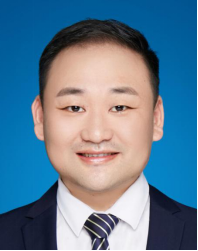
Prof. Liang Xuan, Jianghan University
Doctor of Mechanical Engineering, Professor, Doctoral Supervisor
Director of Hubei Provincial Engineering Research Center for Intelligent Measurement and Control of Specialized Equipment
Member of the Academic Committee of Jianghan University, Vice Dean of the School of Intelligent Manufacturing at Jianghan University, Program Director of Intelligent Manufacturing Engineering at Jianghan University, Director of the Institute of Advanced Transmission and Detection Technology at Jianghan University Currently serves as: Member of the Professional Teaching Committee, China Machinery Industry Education Association; Senior Member, China Mechanical Engineering Society; Council Member, Rotor Dynamics Committee, China Society for Vibration Engineering; Standing Council Member, Mechanical Transmission Branch, Hubei Mechanical Engineering Society; Council Member, Wuhan Mechanical Engineering Society; Member, China Simulation Association; IEEE Member; Committee Member, Overseas Chinese Federation, Wuhan Economic and Technological Development Zone; Selected as an expert in the Hubei Provincial Department of Science and Technology Expert Database, a “Science and Technology Vice President” by the Hubei Provincial Department of Economy and Information Technology, an expert for the Hubei Provincial Department of Human Resources and Social Security's “Academician Expert Enterprise Outreach” program, a Wuhan City Chenguang Plan Talent, an expert for the China Society of Automotive Engineers, an expert in the Academic Bridge Review Expert Database, and an expert in the National Postgraduate Education Evaluation and Monitoring Expert Database. Serves as a judge for the National College Student Engineering Practice and Innovation Competition, a member of the National Executive Committee for the Intelligent Manufacturing Competition of the China College Student Mechanical Engineering Innovation and Creativity Competition, and a judge for the National Competition.
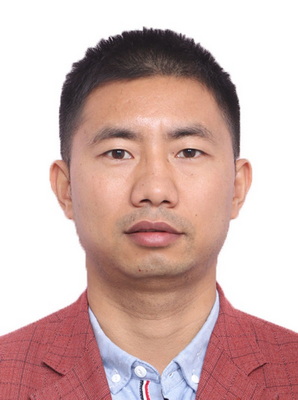
Prof. Shaohua Luo, Guizhou University
Professor, Doctoral Supervisor, and Master's Supervisor at Guizhou University
Provincial Outstanding Young Science and Technology Talent, Leader of Provincial Innovation Research Group, Specially Appointed Expert for Provincial “Enterprise Innovation Posts,” and Academic Leader in Discipline at Guizhou University. Primarily engaged in research on dynamic analysis of special electromechanical systems and networks, circuit design and intelligent control, as well as development and application of electromechanical control systems based on ARM/FPGA architectures. In recent years, he has led research projects funded by the National Natural Science Foundation of China, Provincial Natural Science Foundation, and China Postdoctoral Science Foundation. He has also participated in the national “863 Program” and research initiatives under the National Natural Science Foundation (including key projects, general projects, and international/regional cooperation and exchange programs). He has achieved significant theoretical and applied results in key scientific and technological areas including MEMS/NEMS, autonomous intelligent systems, dynamic analysis of high-performance electromechanical drive systems and equipment, integrated circuit design, intelligent control, and system integration. He has published over 60 research papers in authoritative academic journals worldwide, obtained more than 20 authorized invention patents (including 1 U.S. patent and 4 UK patents), with two patents successfully commercialized. He received the Second Prize of the Excellence Fund and has been invited multiple times to deliver academic presentations at international conferences. His research findings have been positively cited by renowned experts in the field, including Academician Bin Ning from Beijing Jiaotong University, Professor Zhongliang Jing from Shanghai Jiao Tong University, and Professor Donald C. Wunsch (IEEE Fellow) from the Missouri University of Science and Technology. He possesses over four years of experience as an engineer in both state-owned and foreign-funded enterprises.
